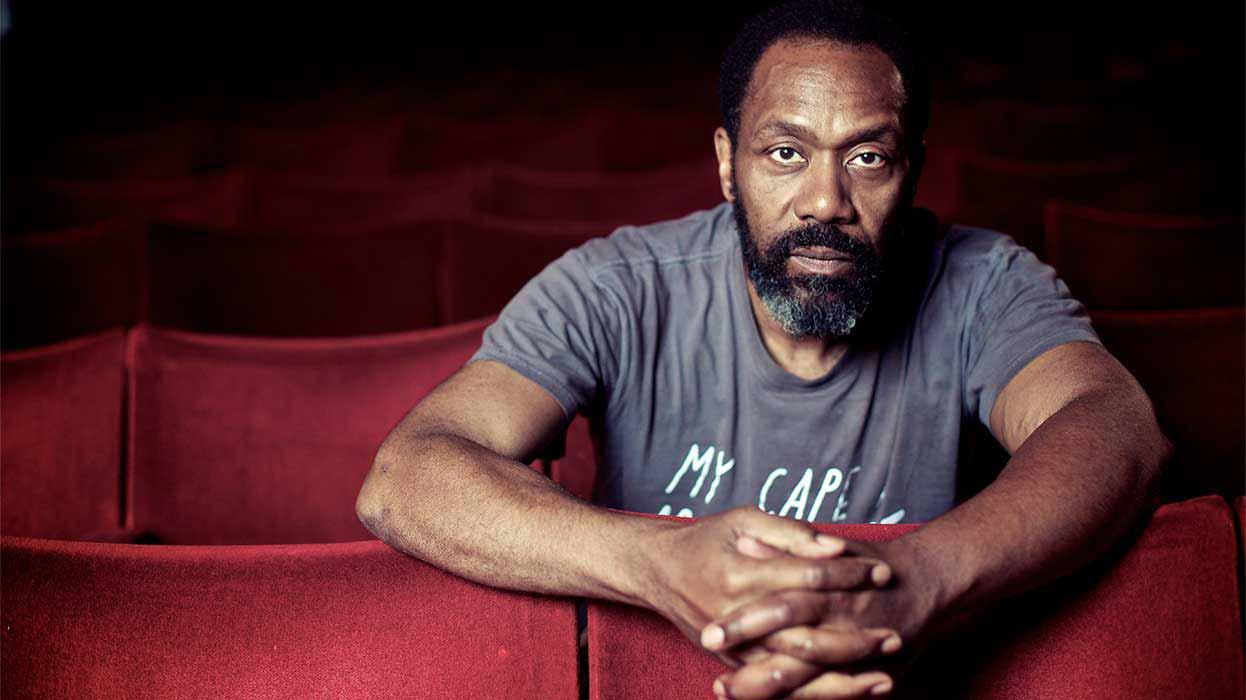Sir Lenny Henry uses Goldsmiths debate to call for diversity to be enshrined in BBC Charter
Primary page content
Actor, writer and broadcaster Sir Lenny Henry says diversity must be written in to the BBC Charter to boost the number of Black Asian Minority Ethnic (BAME) creatives working in British television.

The equality campaigner said that "revolutionary” change was needed to address the “appalling” lack of BAME representation in the industry.
Sir Lenny called for money in the shape of “Catalyst Funds” to be written into the Charter to spread “diversity throughout the industry”.
Pointing to recent figures from the Skillset census which showed that BAME representation stood at just 5.4per cent in the creative industries, Henry said: "Let's change the charter, let's change history and let's change the television industry forever."
Sir Lenny called for a framework to be introduced along the same lines of BBC Nations and Regions, which promotes programming to be made outside of London.
Speaking to an audience at Goldsmiths, University of London, Sir Lenny said: “Let’s create a number of commissioners and give them real power – and that means money – to find productions made by diverse teams to make great programmes.”
Outlining his proposals, he added: “For a production to qualify as ‘diverse’ it would need to meet criteria: The number of on-screen BAME talent; The number of BAME senior production staff; The ‘general spend’ on BAME talent.
“If the money hits two of these criteria it would qualify for this money.”
Sir Lenny called for the change as he appeared at the Are You Being Heard? Representing Britain On TV debate being held at Goldsmiths as part of the Future Of Public Service Television Inquiry.
Chaired by Lord Puttnam, the inquiry based in the Department of Media and Communications at Goldsmiths was established to consider the nature, purpose and role of public service television today and in to the future.
It will submit its findings this summer ahead of the BBC Charter expiring in December this year.
Also appearing at the debate were Pat Youngs, MD of Sugar Films and former BBC Chief Creative Officer, Bev Skeggs, Professor of Sociology at Goldsmiths and Dawn Foster, writer and cultural commentator.
Sir Lenny also questioned the reliance on training schemes to increase BAME representation in progamming.
He said: “My concern is, that when the only solution offered to create significant and sustainable change is the introduction of training schemes. It inadvertently creates the perception, that the reason why BAME people are leaving the industry, the reason why our numbers are at their lowest in years, is because we're not good enough."
Inquiry Project lead Professor Des Freedman, from the Department of Media and Communications, said: “This is a really important topic. Public service television ought to represent all the constituent parts of the population and when it doesn’t do this, we have to ask why.
“Evidence and experience from this dynamic line-up of speakers has made a significant contribution to the Inquiry’s findings at a critical time in the history of television.”